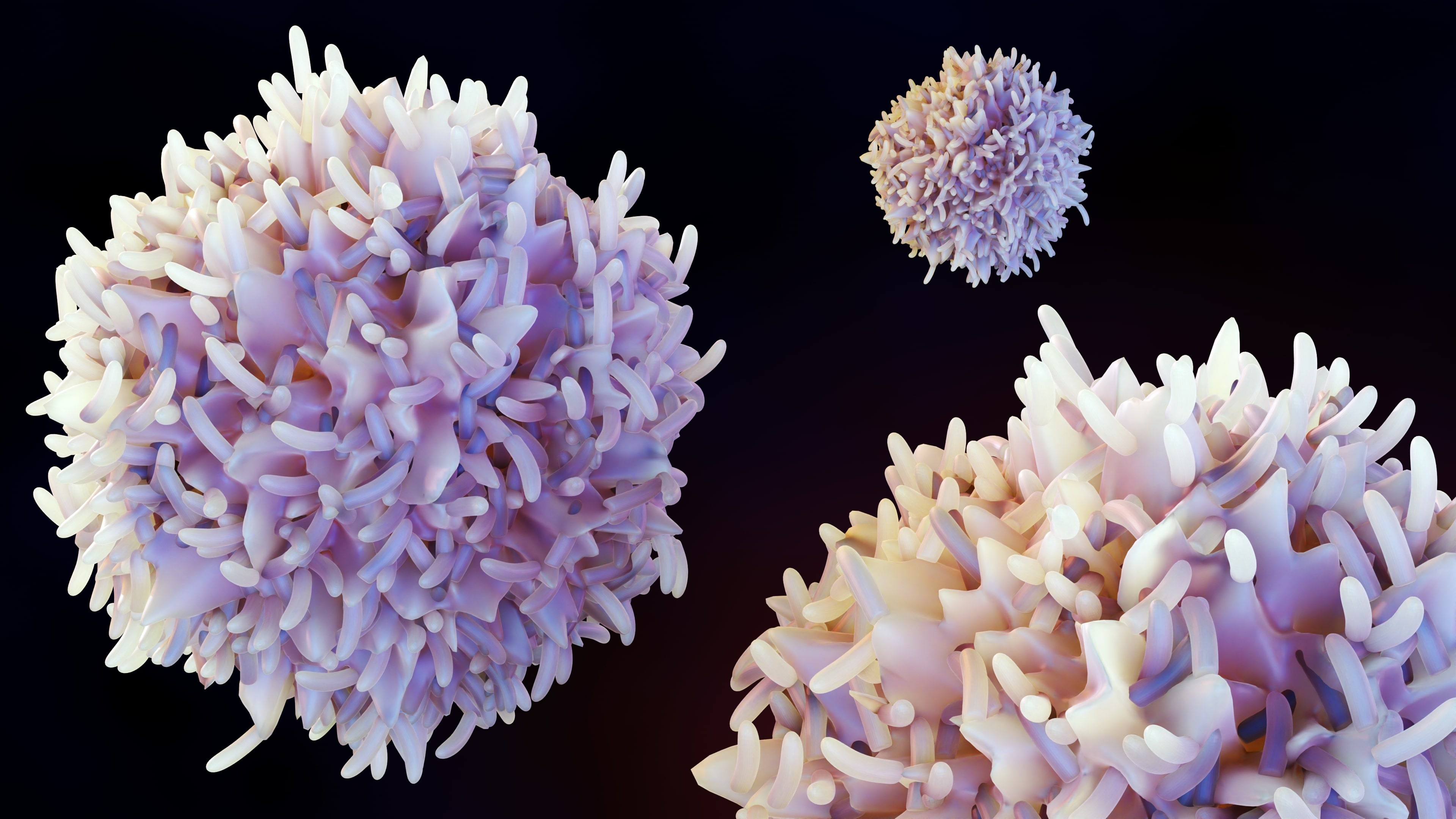
Anti-CD19 chimeric antigen receptor (CAR) T-cell therapy may be effective in patients with refractory systemic autoimmune diseases, according to a press release from the American Society of Hematology (ASH). The new findings were presented by Mueller et al at the 2023 ASH Annual Meeting and Exposition. Researchers assigned eight patients with systemic lupus erythematosus, four patients with systemic sclerosis, and three patients with inflammatory myositis who were not responding to treatment to receive anti-CD19 CAR T-cell therapy. The researchers noted that all of the patients involved in the study had poor prognoses. At 1 week posttreatment, the patients’ B cells were removed from the blood and then reoccurred in most patients several months later. After a median follow-up of 15 months, all of the patients demonstrated decreased disease activity and no longer required immunosuppressants. Although the CAR T-cell therapy was well tolerated, 10 of the patients experienced mild cytokine-release syndrome, 1 patient experienced moderate cytokine-release syndrome, and 1 patient experienced vertigo. The researchers emphasized that the therapy was capable of eliminating errant B cells, restored normal immune cell function without severe treatment-related adverse events, and may be an effective alternative to autologous stem cell transplant in this patient population. “We have opened up an entirely new route of possibly treating several more diseases. We are hopeful that this is as good as [standard therapy] with substantially fewer side effects, but data are preliminary, and we need to do follow-up studies to confirm these results,” concluded lead study author Fabian Mueller, MD, of the Bavarian Cancer Research Institute and Friedrich-Alexander University of Erlangen-Nuremberg.